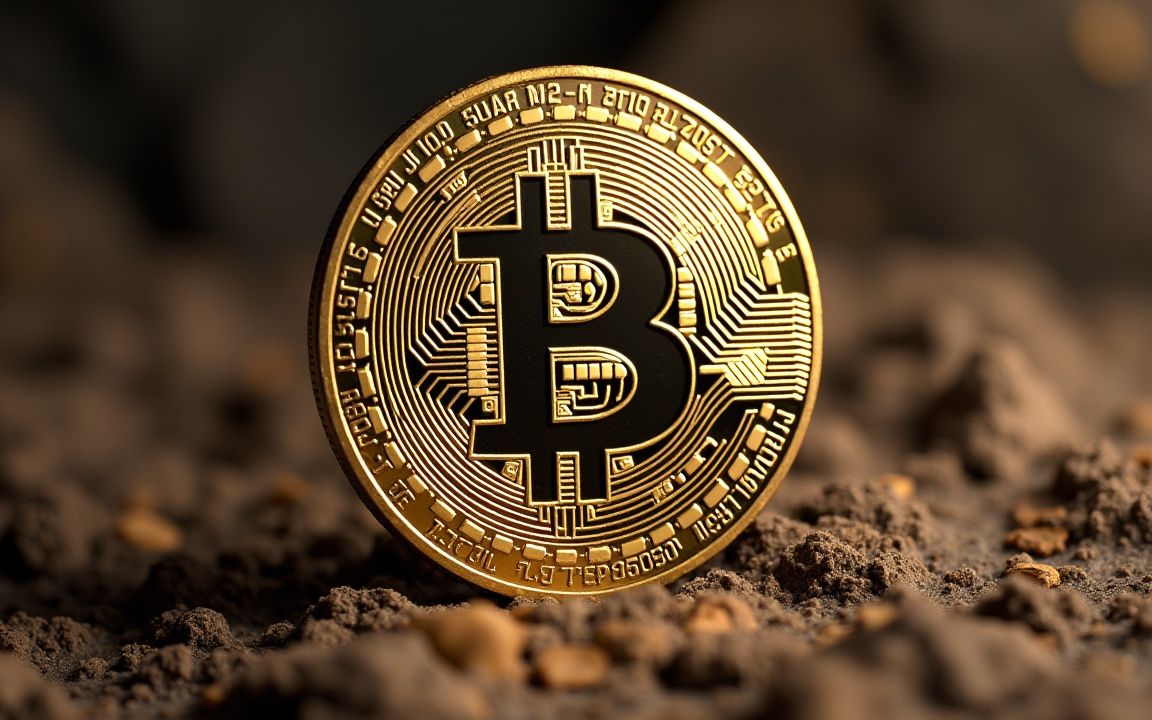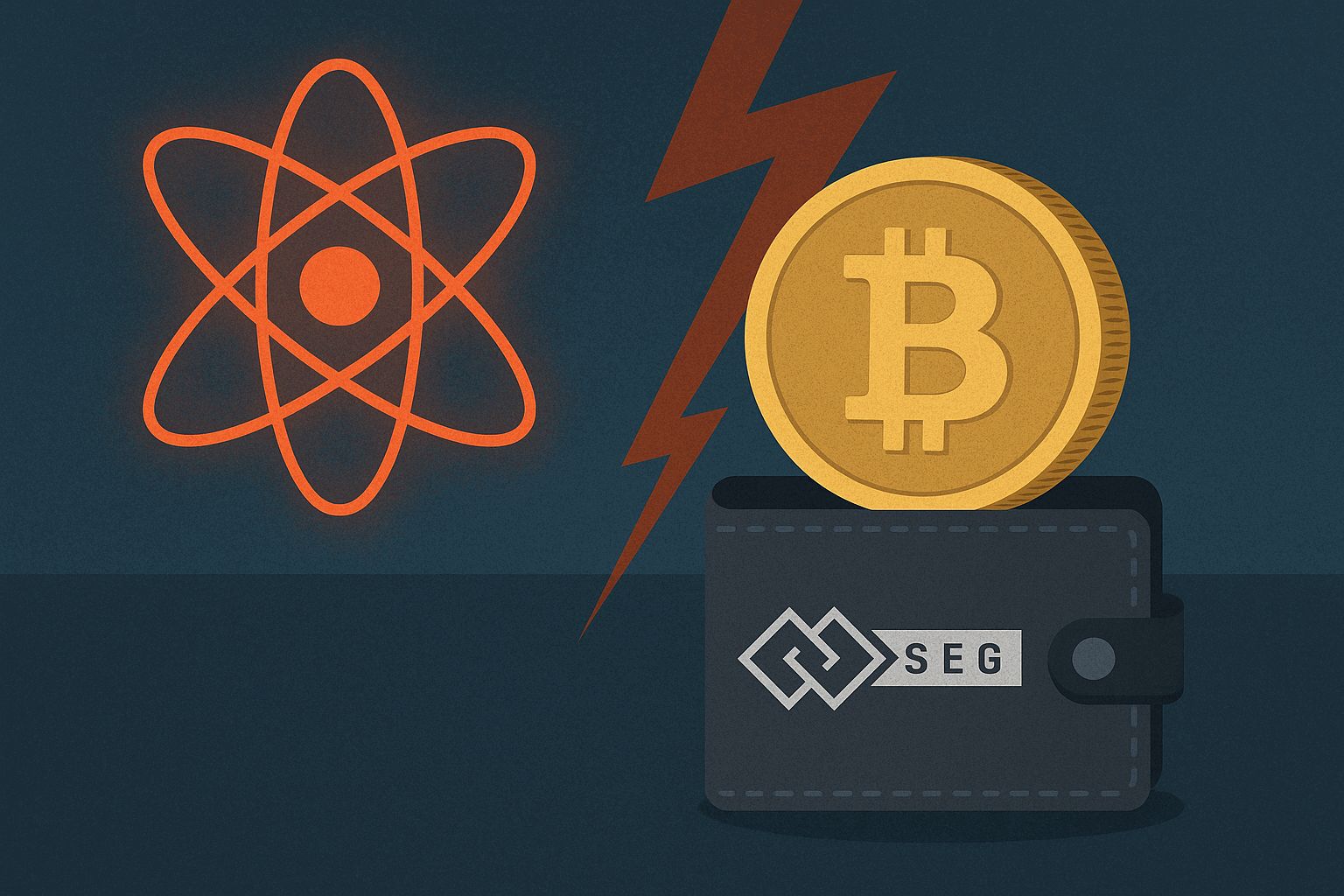Brazil Clarifies Stablecoin Regulations Amid Confusion
- Main event, leadership changes, market impact, financial shifts, or expert insights.
- Brazil clarifies no stablecoin ban exists.
- Focus remains on AML compliance.
The Brazilian central bank has not banned algorithm-based stablecoins. Focus lies on tightening regulations and enhancing anti-money laundering measures, as stated by officials, without imposing an outright ban on the trading of these assets.
Brazil’s central bank has clarified that there is no outright ban on algorithm-based stablecoins, addressing misconceptions. Instead, the focus remains on tightening regulations around anti-money laundering (AML) within the cryptocurrency sector.
The clarification matters as it reduces uncertainties in Brazil’s crypto market, reassuring stakeholders of continued operation while prioritizing anti-money laundering efforts.
Banco Central do Brasil’s Stand
Banco Central do Brasil acknowledged the confusion regarding algorithm-based stablecoins. It emphasized that no outright ban exists. Instead, the primary focus lies in establishing stringent anti-money laundering regulations to curb illicit activities. Brazilian Central Bank officials, including Gilneu Vivan, reiterated that the measures aim to reduce fraud and market misuse, rather than imposing blanket prohibitions.
“New rules will reduce the scope for scams, fraud, and the use of virtual asset markets for money laundering.” — Gilneu Vivan, Director of Regulation, Banco Central do Brasil
Meanwhile, Renato Kyotaka Uema remarked that public consultations will refine regulations, ensuring minimal market disruption.
Impact on the Crypto Landscape
Potential effects on Brazil’s crypto landscape are significant. Clarity fuels confidence among local businesses and attracts future investments. Industry stakeholders welcome the detailed focus on anti-money laundering as a positive step toward a safer crypto environment. The clarified regulation offers a clearer path for future market dynamics within Brazil and globally. This move aligns with international trends for secure and compliant digital asset markets, modeled after earlier actions by central banks and financial authorities elsewhere. Consistent adoption of such frameworks could enhance Brazil’s reputation within the crypto industry.
Further outcomes could include increased investor interest, potential technological advancements in compliance solutions, and enhanced focus on stablecoin regulation frameworks. Historical patterns suggest that aligning with global financial trends may lead to stable growth and mitigate risks.
Disclaimer: The content of this article solely reflects the author's opinion and does not represent the platform in any capacity. This article is not intended to serve as a reference for making investment decisions.
You may also like
ICP Caffeine AI: Transforming Decentralized Computing Markets with AI-Powered Advancements
- DFINITY's ICP Caffeine AI redefines decentralized compute as an "AI cloud engine," enabling natural language app development via the Internet Computer Protocol. - The platform democratizes Web3 creation through text/image prompts, attracting non-technical developers and driving a 56% ICP price surge post-launch. - ICP's reverse-gas mechanism and 20-40% cost efficiency gains position it as a privacy-focused alternative to AWS/Azure in healthcare and finance sectors. - Despite 30% price volatility and 22.4

Just In: U.S. Senate Passes Bill to Reopen Government as Bitcoin Breaks $106,000
Bitcoin holds $106K as shutdown optimism fuels broad market rally

Bitcoin faces quantum risk: why SegWit wallets may offer limited protection
